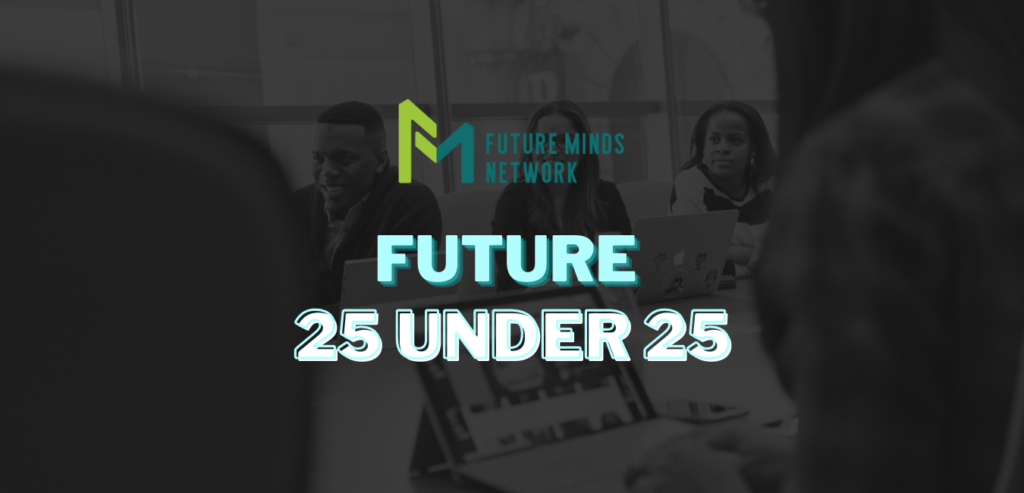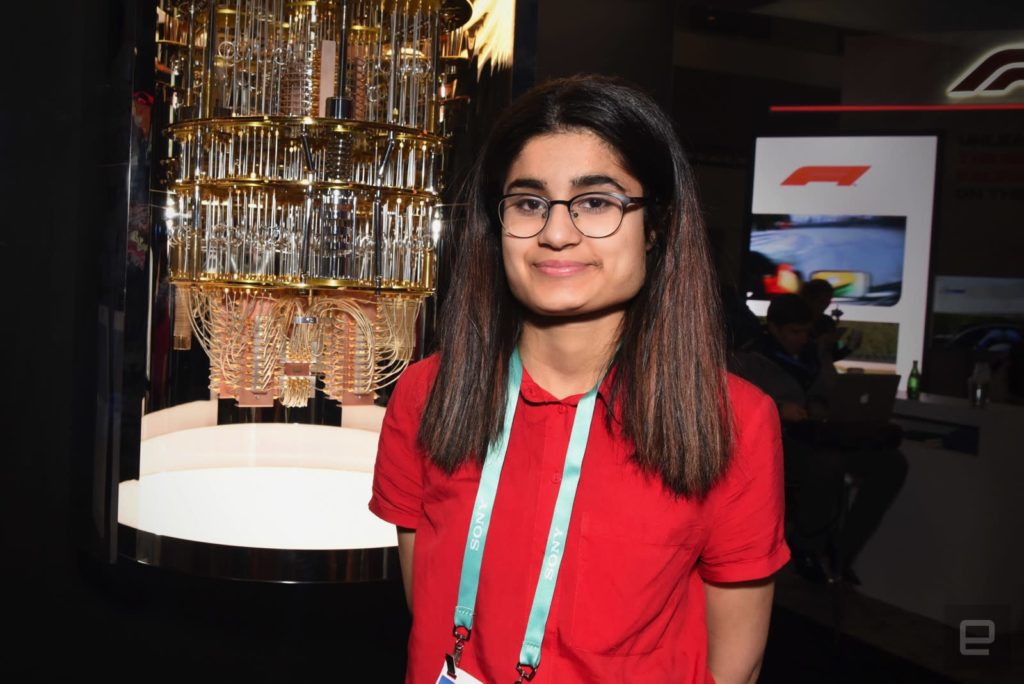
Spotlight with the Future 25U25

Yuma Soerianto
There are millions of people who want to code, but just don’t know how to start. Yuma Soerianto is solving this problem all the way from Australia through the YouTube channel, Anyone Can Code.
With almost 15,000 subscribers, Yuma is an inspiration for many young people out there looking to take their first steps into STEM. Since starting the channel, Yuma has published 10 apps, won awards for two of them and regularly speaks at international conferences.
1. What inspired you to start your journey?
I started coding when I was six. At that time it wasn’t easy to find free coding resources online, so I felt how difficult it can be to learn alone. Coding lessons for children were made by adults. However, they do not address or tackle problems that kids may face when learning how to code. I thought it would be better to have me, someone who is also young, teach other kids as I know what they may face while learning how to code.
So, once I knew enough of coding, I decided to share my passion and knowledge to hopefully inspire and teach other kids to code. That was when I turned 9. Ever since then, I’ve been teaching app development on my YouTube channel, Anyone Can Code.
2. What does the process of developing an app look like?
First I come up with an idea. Then I plan the app, make prototypes, repeatedly develop and test the app, finalise/polish, and get it uploaded! However, the process is pretty relaxed and I’d only spend as much as I’d like to per day working on it.
3. What sort of games do you play and how do they impact the apps you create?
I play games that I find interesting, I don’t really have a preference. Sometimes they might inspire me to make a certain style or give me an idea for a game mechanic.
I make apps based on ideas that come to my head that I think are doable in a reasonable amount of time, and something that would be unique and fun to use/play! Other times, it may be based on an every day problem. For instance, Hunger Button was made due to the fact that my parents and I could never figure out where to eat for lunch/dinner.
4. What skills that has starting your own project taught you?
It has helped open many doors for me! Since starting the YouTube channel, I’ve learned many things on the way such as public speaking and advanced maths! They definitely affect me and my life, and has given me a different view of the world.
5. What advice would you give to young people who want to start their own projects?
Age is not a limit. As long as we do what we love, work hard and face challenges fearlessly, our dreams will come true!
Alishba Imran
Prosthetic technology has come a long way in recent years, but costs still remain exorbitantly high. The cost of a new prosthetic can range anywhere from $5000 to $50,000. This is the problem Alishba set out to solve.
Working with SJSU and the BLINC Lab, Alishba developed a novel generative neural network and 3D-printed prosthetic material that reduced patient costs from $10,000 to $700. Since then, she’s led neuro-symbolic AI research at Hanson Robotics, and even built a robotic glove at Harvard’s Biodesign lab.
Alishba is a machine learning developer who works at the intersection of rehabilitation tech, robotics and materials science/energy.

1. What inspired you to start your journey?
I started coding when I was 14. I instantly fell in love with the process of building systems or simply writing a few lines of code to solve a problem. Ever since, I’ve spent a lot of time learning about technologies like machine learning, robotics, through reading research papers, textbooks, doing courses, and developing mentors who are experts in these respective fields. I’ve also spent a lot of time building my own projects and ideas on how we can leverage these tools to tackle key pain points in materials discovery, energy storage, or rehabilitation tech like prosthetics.
2. How do you balance juggling your work with life?
I believe the key is to regularly make time to simply think, reflect, and introspect. This can be really hard when your life is constantly moving but having some space can be helpful to ensure that you are giving time to other aspects of your life and most importantly checking in with yourself. I’ve always found that it’s much easier to juggle different aspects of your life when you are feeling aligned with yourself and clear in your mindset.
A few things I like to reflect on with my work are:
- Why am I working on x?
- Does working on x align with my core mission or values?
Essentially, constantly checking in with myself to ensure I am devoting my energy to things that are important to me and that I’m doing things for the correct reasons.
3. Do you ever feel under qualified to be working on machine learning, how do you grapple with those thoughts?
Machine learning is definitely a very complex field and one that is growing everyday! What motivates me is my ability to constantly grow and get better. So I’m never really afraid to know that there might be something new for me to learn or an intellectual challenge for me to take on. In fact, I usually seek out experiences where I have to push myself beyond my comfort zone. It can feel threatening or scary when you realize that you still have a lot to learn and build but being able to reframe these thoughts into motivation and fuel has always helped me.
At the end of the day, it’s all about how you perceive and apply things to your life. I could think “I don’t know x so I should just give up” or I can think “I don’t know x but if I spend more time on it then I can learn and achieve this goal of mine”. The fact that I don’t know this thing is the same in both statements but they are framed very differently and therefore have a very different impact on your mindset.
4. What skills has starting your own startup taught you?
Building a startup has taught me a lot about things such as building a business model, pitching to investors, doing market analysis, and engaging with customers. However, I think some of the most valuable skills I learnt had more to do with soft skills such as hiring, working in a team, or aligning with my co-founder. I’ve realized how important it is to be able to effectively work with and manage people. People are behind everything we use, see, interact with daily and are also the critical backbone of any startup.
5. What advice would you give to young people who want to start their own projects?
Find (or create) a community of other young and ambitious people who are driven and interested in the kind of things you’re passionate about. Having this community is a great way to hold yourself accountable, make friends, and push yourself to continuously grow and learn!
Adam El Rafey
Adam El Rafey has inspired young people across the 🌎 to follow their curiosities at any age. At 11, Adam is one of the youngest speakers to grace the TEDx stage


